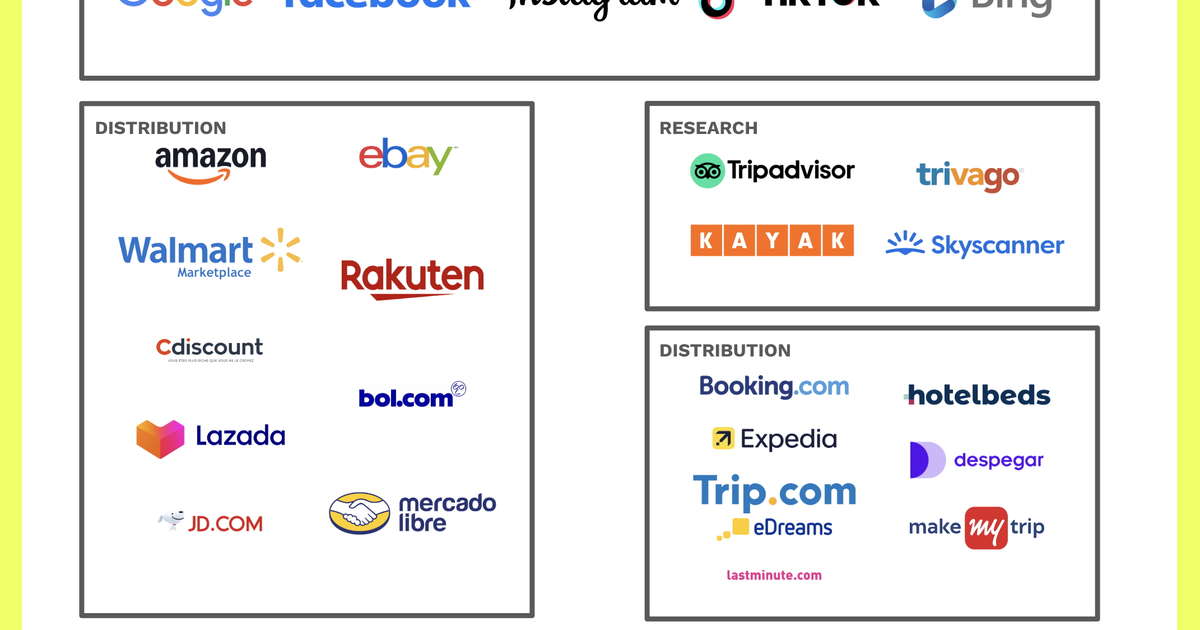
There’s a phrase that keeps popping up in marketing discussions: owning the customer. And every time I hear it, I cringe.
What does that even mean?
You don’t own a customer. At best, you have a copy of their email address, name and birthdate. At worst, you’re just a transaction. And yet, this phrase persists -especially in distribution debates. OTAs claim they “own” the customer. Marketplaces like Amazon say the same. Even Google is said to “own” the customer. More recently the discussion is around which AI provider will own the customer.
(Did you know that this is just an excerpt from the complete and free newsletter that is available here? Sent out once a week, original viewpoints, insights and interesting things to read.)
Nobody books a Marriott and thinks, “Thanks Booking.com for the bed.” No one buys an iPhone from Amazon and says, “This Amazon phone is great.” They’re buying the product, the brand, the promise. Distributors are transactional, products are not.
But here’s the thing: if your product has no brand, no story, then maybe the distributor does “own the customer”. If you’re a generic product on a shelf, picked for price alone, then you’re at the mercy of whoever controls that shelf.
But most products, and especially experiences, don’t work like that.
Nike is a great example. They pulled out of many wholesale channels to “own the customer.” It didn’t work so well. Nike’s brand power comes from emotional connection, not the color of the shelf it’s sold through. I avoid Nike stores because I know that in their stores it will just be higher priced and less choice (because they own the experience).
Can you imagine Chanel being worried about loosing a customer because they bought through Selfridges? Can you imagine a customer thinking the Selfridges is the perfume and the Chanel is just some random text on the bottle?
So, is “owning the customer” just a pitch line from distributors trying to show their clout? Or someone selling an email marketing solution? Maybe. Distributors certainly control access. But few people brag about where they got the product, they brag about the product they got. Access can be bought. Loyalty has to be earned.
The truth is, great products create their own gravity. Build a brand people remember, deliver an experience they want to repeat, and suddenly you’re not worried about who owns the customer, you’re building something customers want to own a piece of.
Distribution is a relay. Brand is the anchor.
PS: If anyone owns anything is the customer owning a small piece of brand.
Thanks for reading. Subscribe for free to receive new posts.
About me: I’m a fractional CMO for large travel technology companies helping turn them into industry leaders. I’m also the co-founder of 10minutes.news a hotel news media that is unsensational, factual and keeps hoteliers updated on the industry.
View source
Please visit:
Our Sponsor
